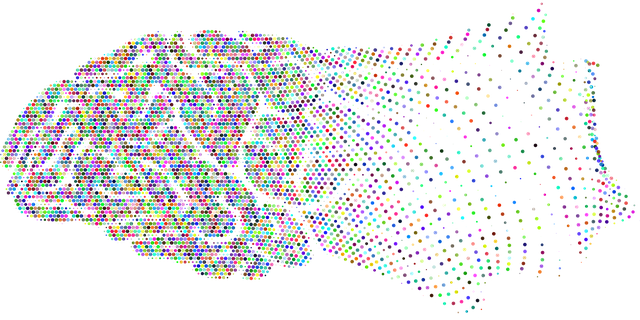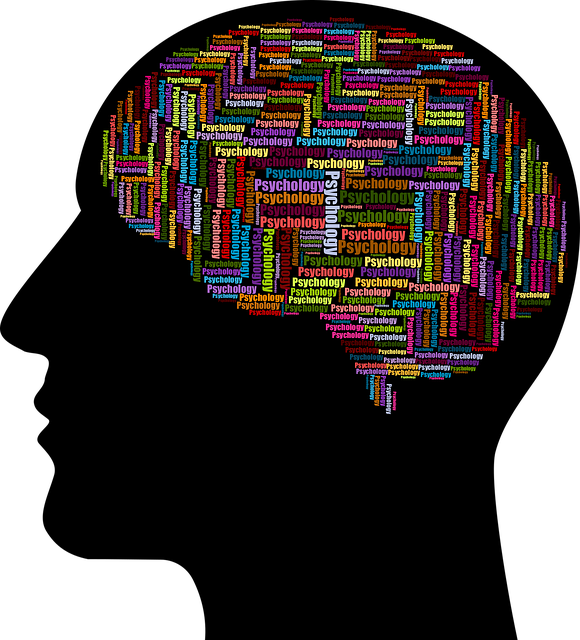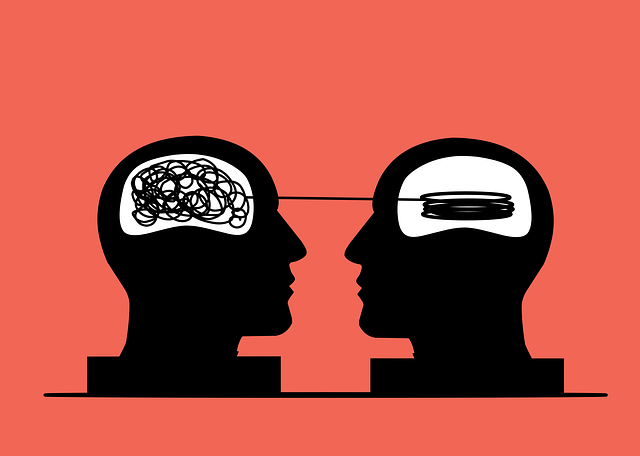Emotional Intelligence (EI) is a powerful tool for mental wellness, as demonstrated by Wheat Ridge Suicide Prevention Therapy. Through exercises and strategies, individuals can enhance self-awareness, cultivate compassion, improve emotional resilience, reduce stress, and prevent suicidal thoughts. The Mental Wellness Podcast Series encourages open dialogue about emotions, while self-reflection like journaling, mindfulness meditation, and professional guidance from therapists refine emotional responses and boost self-recognition. Wheat Ridge offers specialized programs focused on developing EI and social skills, including communication techniques, active listening, and empathy, all vital for healthier relationships and a sense of belonging—crucial elements in maintaining good mental health awareness.
Emotional intelligence (EI) is a powerful tool for enhancing mental health and overall well-being. In this article, we explore the profound impact of EI on our lives, focusing on three key aspects: understanding emotional intelligence and its connection to mental health, developing self-awareness as the cornerstone of EI, and improving social skills and empathy to build strong support systems. Discover practical strategies inspired by Wheat Ridge Suicide Prevention Therapy to cultivate emotional intelligence and thrive.
- Understanding Emotional Intelligence and Its Impact on Mental Health
- Strategies for Developing Self-Awareness: The Foundation of Emotional Intelligence
- Enhancing Social Skills and Empathy: Building Connections and Support Systems
Understanding Emotional Intelligence and Its Impact on Mental Health

Emotional intelligence (EI) refers to a person’s ability to recognize, understand, and manage their own emotions, as well as recognize, understand, and influence the emotions of others. It goes beyond simple emotional awareness; it involves using this understanding to guide thoughts and actions, fostering positive relationships, and driving effective decision-making. For mental health and wellness, particularly in the context of Wheat Ridge Suicide Prevention Therapy, EI is a crucial tool.
By enhancing self-awareness exercises and compassion cultivation practices, individuals can improve their emotional resilience and reduce stress. This, in turn, can significantly impact mental wellness, preventing or mitigating conditions that might lead to suicidal thoughts. The Mental Wellness Podcast Series Production offers valuable resources on developing EI through practical strategies, encouraging open dialogue about emotions, and promoting understanding—all vital components for maintaining and improving mental health.
Strategies for Developing Self-Awareness: The Foundation of Emotional Intelligence

Developing self-awareness is a cornerstone of emotional intelligence growth. It involves understanding your emotions and how they influence your thoughts and actions. One effective strategy is to engage in regular reflection, taking time each day to acknowledge and process your feelings. This can be facilitated through various practices such as journaling, where you write down your experiences and insights. Additionally, seeking professional support from therapists like those at Wheat Ridge Suicide Prevention Therapy can provide valuable guidance and tools for enhancing self-awareness.
Mindfulness meditation is another powerful tool that promotes emotional healing processes. By focusing on the present moment without judgment, individuals can develop a deeper connection with their inner selves. This practice helps to regulate emotions and better manage mood swings. Integrating mindfulness into daily routines allows for increased self-recognition and a more nuanced understanding of one’s emotional responses, ultimately strengthening the foundation of emotional intelligence.
Enhancing Social Skills and Empathy: Building Connections and Support Systems

Emotional intelligence involves honing social skills and cultivating empathy, which are fundamental to building meaningful connections and supportive systems. Wheat Ridge Suicide Prevention Therapy offers valuable resources for individuals seeking to enhance their emotional agility and interpersonal interactions. Through specialized programs and individualized therapy sessions, clients can learn effective communication techniques, improve active listening, and develop a deeper understanding of others’ perspectives.
Social Skills Training plays a pivotal role in fostering healthier relationships and improving overall Mental Wellness. By encouraging open dialogue, promoting non-verbal cues, and teaching conflict resolution strategies, individuals equipped with these skills become more adept at forming bonds and navigating social environments. This, in turn, contributes to a heightened sense of belonging and support, which is crucial for maintaining good Mental Health Awareness.
Emotional intelligence, a powerful tool for mental wellness, can be cultivated through self-awareness, social skills, and empathy. By understanding and managing emotions, individuals can build stronger connections and support systems, ultimately enhancing their overall well-being. Strategies outlined in this article, including those from Wheat Ridge Suicide Prevention Therapy, offer practical ways to navigate and improve emotional intelligence, fostering a healthier and more fulfilling life.














